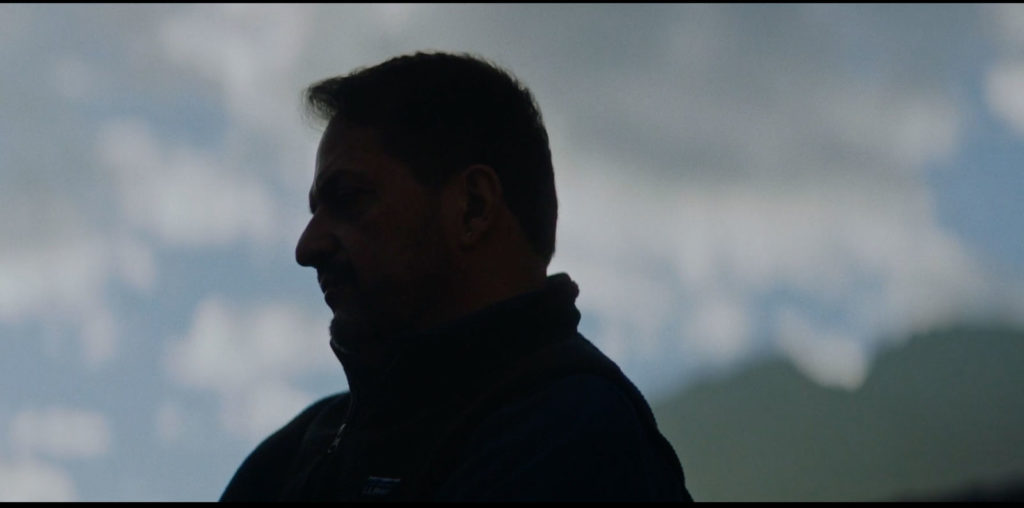
British director Michael Winterbottom seems willing to tackle just about anything–his films range vastly in style (“The Claim” vs. 24 Hour Party People?), and this time he and screenwriter Tony Grisoni actually travel the route of an Afghan refugee to capture this amazing story. It begins in February 2002 in a refugee camp in Pakistan, where the teenaged Jamal Udin Torabi is introduced to Enayatullah (they use their own names). Since Jamal speaks some English, Enayat’s family ask him to travel with Enayat overland to London, where he will apply for asylum as a refugee. So after paying a “travel agent” (Imran Paracha) for the trip, off they go. It’s a kind of pony express route, as they’re passed from a pick-up to a jeep to a cargo van, traversing Pakistan and Iran, then by foot over the snowy Kurdish mountains into Turkey. But this isn’t the worst part of the journey. They now have to survive 40 hours in a container being shipped to Italy, then somehow get to Calais and sneak through the Channel Tunnel!
Like a documentary, we hear an opening voiceover explaining the refugee situation, and this tone carries through with the handheld DV cinematography, plus narration and graphics that show us where we are along the way. It feels like a fly-on-the-wall piece, and with the excellent cast of non-actors that’s pretty much what it is! Fiercely intimate, grueling and involving, we travel the Silk Road with this duo, having their identity stripped from them so they blend in better, wondering about the danger at the next checkpoint, doubting whether they should trust each person they meet. Winterbottom brilliantly blends DV with wide-screen (fact with fiction?) to capture the terrain–desolate, beautiful, terrifying, bewildering. Dario Marinelli’s locally infused music is as haunting and effective as a Badalamenti score. And as Jamal and Enayat build a camaraderie, we start to fear that they might not make it.
Winterbottom makes his usual mistakes, assuming we know what he’s talking about (Americans who have never heard of Sangatte won’t see its relevance) and leaving gaps here and there. But the film has a riveting central narrative, the performances are compelling and, most of all, we need to hear more immigration stories like this to counter the government’s and the media’s incessant fear-mongering.
